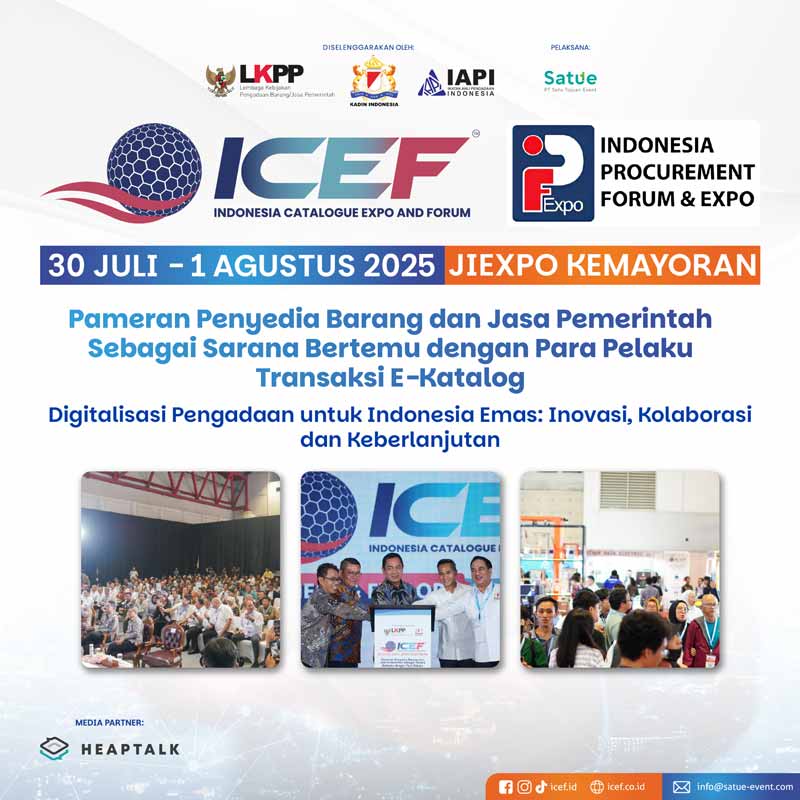Heaptalk, Jakarta — President Joko Widodo (Jokowi) emphasized the importance of collaboration and strategic steps in carrying out the energy transition as the impacts of climate change increasingly threaten.
“In realizing the energy transition along with the increasingly threatening impacts of climate change, collaboration and strategic steps are necessary. Without these two things, it is impossible for us to make this happen,” said Joko Widodo when delivering a public lecture at Stanford University, San Francisco, USA (11/15).
This commitment is proven by reducing emissions by 91.5 million tonnes. Jokowi explained, “This was followed by Indonesia’s deforestation rate until 2022 which decreased to 104,000 hectares. Then the rehabilitation of forest areas covering an area of 77,000 hectares was also carried out, and restoration of mangrove forests covering an area of 34,000 hectares was carried out in only one year.”
However, he saw that currently there are big challenges for Indonesia and other developing countries to carry out the energy transition, specifically in technology transfer and funding. “This is a challenge and often makes things difficult for developing countries. Therefore, Indonesia wants to ensure that the energy transition also produces energy that is affordable for the community,” he voiced.
According to Joko Widodo, climate funding provided to developing countries to implement the energy transition should be more constructive, not burdened as debt. He added, “Thus far, what is called climate funding is still business as usual, such as commercial banks. In fact, it should be more constructive, not in the form of debt which will only increase the burden on poor and developing countries.”
Opening of the Cirata Floating Solar Plant
In more detail, the Indonesian government has made a number of efforts to carry out the energy transition, one of which is through the construction of a floating solar power plant that was recently inaugurated at the Cirata Reservoir, West Java. “This is the largest in Southeast Asia. We have opened our solar power plant with a capacity of 192 megawatts,” Jokowi said.
In the future, the Indonesian government will make similar steps to protect the environment and carry out an energy transition, as implemented in the Nusantara Capital City (IKN). The city is designed as a forest-based smart city that will use green energy from the sun and water.
Jokowi explained, “The first thing we built when developing the Nusantara Capital City was a nursery center, a botanical center with a capacity of 15 million tree seedlings per year which we will later plant every year in the Nusantara Capital City and on the island of Kalimantan.”
Therefore, Joko Widodo invited Stanford University students to have the opportunity to visit IKN and see firsthand the development progress there. “Perhaps there you can do a quick research and learn about the sustainability side of building a green city,” concluded Jokowi. (Translated by Sinta)














